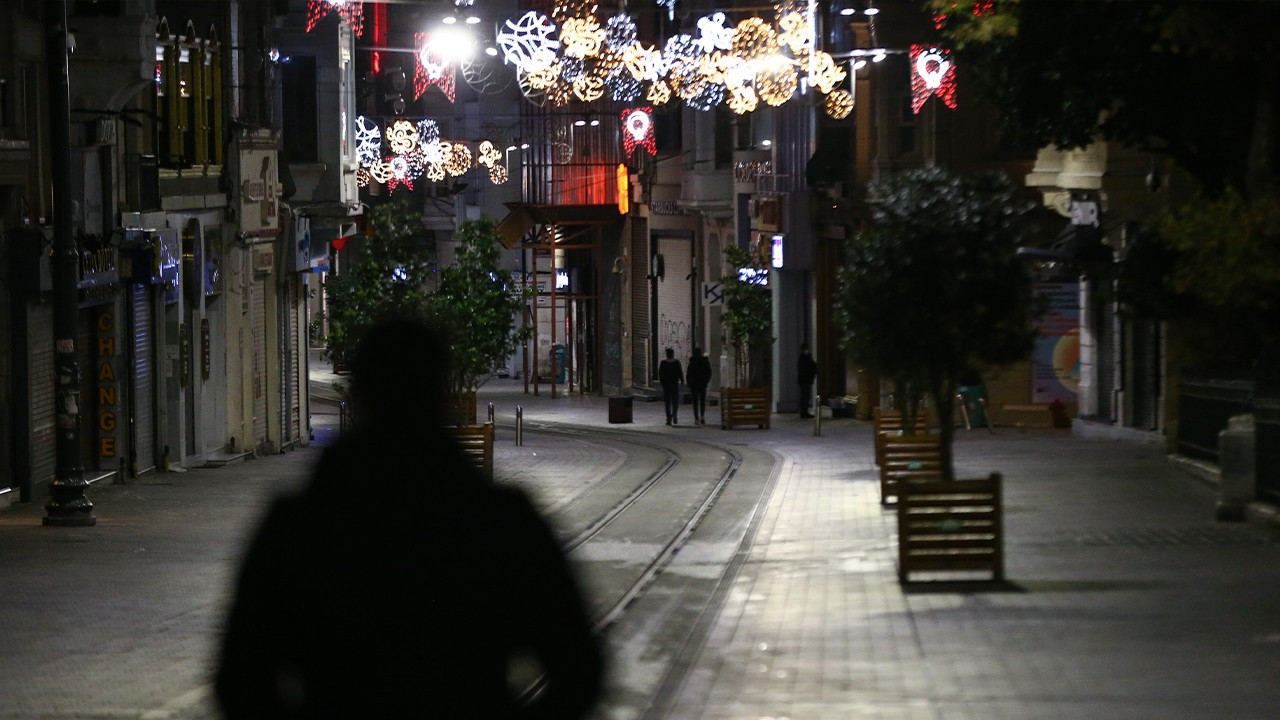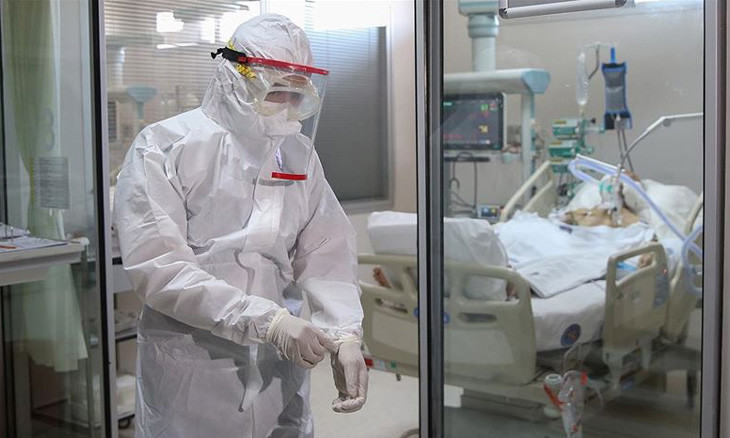Istanbul municipality's daily death toll contradicts Turkish gov't data on COVID-19
The Istanbul Metropolitan Municipality (İBB) announced that 201 people died from infectious diseases in Istanbul on Nov. 23, more than the official nationwide COVID-19 death toll announced by the Health Ministry. The official numbers said 153 people died nationwide from COVID-19 on Nov. 23.
Duvar English
The Istanbul Metropolitan Municipality (İBB) Cemeteries Department announced that 442 people died in the metropolis on Nov. 23, and 201 of those lost their lives due to an “infectious disease.”
However, according to data released by the Health Ministry, the coronavirus daily death toll for the whole country reached a record 153 on Nov. 23.
In a tweet, Health Minister Fahrettin Koca urged everyone to follow safety measures and not enter crowded areas unless necessary. "Support continuing to bring the spread of the pandemic under control until a vaccine is available," he wrote.
The official data said there were 6,713 new symptomatic patients in Turkey, the highest new daily figure since the switch in the reporting format.
Bugün tespit edilen 6.713 yeni hastamız var. Aşı kullanıma girene kadar, salgının yayılma hızını kontrol altında tutmaya devam edebilmek için destek verin. Tedbirlere uyun. Maske takın. Temizliğe dikkat edin. Zorunlu olmadıkça kalabalık ortamlara girmeyin. https://t.co/RVlhe7786O
— Dr. Fahrettin Koca (@drfahrettinkoca) November 23, 2020
Earlier on Nov. 23, Istanbul Mayor Ekrem İmamoğlu said that 186 people had died from infectious diseases in Istanbul the day before – again more than the official nationwide death toll announced by the Health Ministry. The official numbers from Nov. 22 on the other hand said 139 people had died nationwide from COVID-19.
Since July, Ankara has only reported symptomatic COVID-19 patients, a move critics say hides the true scale of the outbreak.
The Turkish Medical Association have been for months now accusing the government of hiding the real numbers of COVID-19 cases and related deaths, warning that hospitals are running out of beds.
Last week, the association said its own calculations showed cases had jumped 300 percent in November to more than 47,500 daily.
Last week, President Recep Tayyip Erdoğan announced tighter restrictions in the fight against the virus, including the introduction of weekend partial curfews and limitations on the opening hours of restaurants, cafes and shopping malls.
Journalist Fatih Altaylı detailed in his Nov. 23 column a telephone conversation he held with Koca, in which the minister said that he would have preferred stricter measures on weekends, but that the current steps were "a sufficient message."
If the number of cases fell, measures would ease but "if not, they will tighten," Koca reportedly said.

 Mayor Ekrem İmamoğlu says he loses sleep over troubling COVID-19 spread in IstanbulCoronavirus
Mayor Ekrem İmamoğlu says he loses sleep over troubling COVID-19 spread in IstanbulCoronavirus Turkish doctors see 300 percent increase in coronavirus cases in NovemberCoronavirus
Turkish doctors see 300 percent increase in coronavirus cases in NovemberCoronavirus